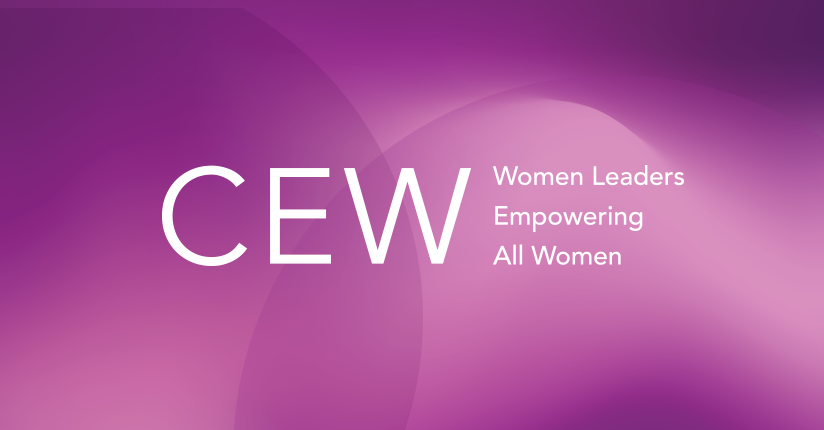CEW welcomes the findings of the Workplace Gender Equality Agency’s (WGEA) Scorecard, which has found that the average total remuneration gender pay gap has dropped to 21.7 per cent in 2023 from 22.8 per cent in 2022.
It is the second biggest single year drop since WGEA started collecting employer data in 2014, however, on average Australian women continue to earn 78 cents to every $1 earned by a man.
CEW chief executive Marie Festa says “while it is positive to see a reduction of the pay gap, the $26,000 annual pay gap tells us that women continue to face significant inequity, leaving them less financially secure and compounding across their working lives to leave them at risk of retiring into poverty”.
“The gender pay gap improvement was largely attributed to an increase in women in management roles, which is great, but it is in business and governments’ own interests to accelerate their efforts to further address inequality,” she says.
“We know companies that lack gender-balance in their leadership teams are likely to underperform, deliver lower profits, have higher risk profiles and find it more difficult to attract and retain talent than those that do have gender balance.”
Ms Festa says companies must take deliberate action to address gender balance and reduce the pay gap further.
“WGEA has found that while more than half of employers analysed their pay gaps, only 60 per cent of this group did anything to address their findings. Now is the time for companies to build on last year’s momentum and take deliberate action to accelerate change,” she says.
“As an example, male dominated industries are three times more likely to analyse their payroll for gender pay gaps and take action as a result. It is no wonder that women working in male dominated industries are proportionately more likely to be a manager than those in gender balanced or female dominated industries.
“We call on all leaders to take deliberate action and do three things: deliver on a ‘40:40:20 by 2030’ gender target, invest in a diverse gender-balanced executive talent pipeline, and build an inclusive, flexible and respectful workplace.
“With WGEA’s mandatory reporting reforms coming into play in April next year, everyone will have access to information that will help them decide whether they want to purchase products, procure services, partner or work for an organisation that ignores the importance of gender equity.”
The 2022-23 WGEA Gender Equity Scorecard can be viewed here.
Media Contact:
E: media@cew.org.au
M: +61 429 160 550

